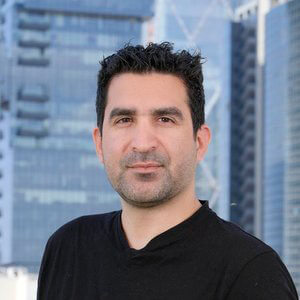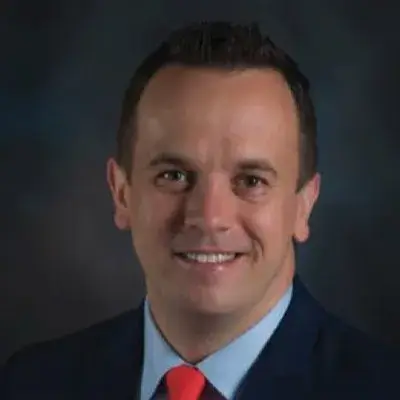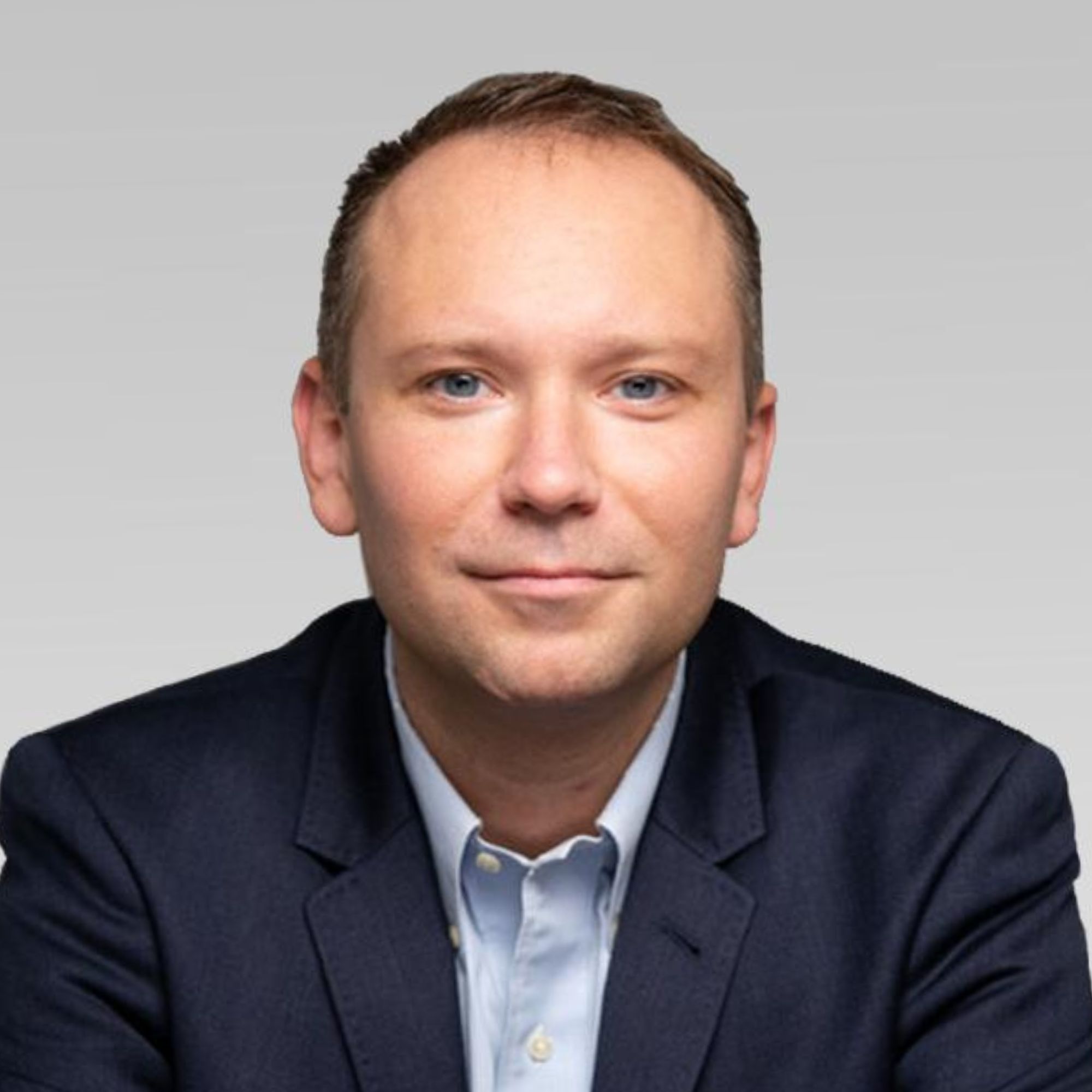We only take on 4 clients per month. Join our June cohort. 1 spot left.
Conversation
Highlights
Welcome to another episode of Category Visionaries — the show that dives deep into the GTM journeys of tech’s boldest B2B founders. In today’s episode, we sit down with Fabrice Deprez, CEO of Discai, a groundbreaking fintech providing advanced solutions for anti-money laundering (AML), which has already secured $12 million in funding.
Here are the most interesting points from our conversation:
- Entrepreneurial Bloodline: Fabrice, stemming from a lineage of entrepreneurs, shares his transition from a two-decade-long consulting career to spearheading Discai, spurred by the opportunity to manage a small IT company back to prosperity.
- Birth of Discai: Launched in March 2022 under the initiative of KBC Group, Discai aims to market its unique AML solutions developed through KBC’s longstanding investment in innovation, particularly in AI and cloud technologies.
- Impact of “Good to Great”: Fabrice credits the American classic, “Good to Great” by Jim Collins, for shaping his management philosophy, especially the principles of having the right people before defining roles and acknowledging the dispensability of any team member.
- Discai’s AML Solution: Discai leverages AI to enhance both the efficiency and effectiveness of anti-money laundering processes for banks. By reducing manual workload and improving detection rates, Discai offers a novel approach to combat financial crime.
- A Collective Battle Against Financial Crime: Discai operates on the belief that fighting financial crime is a shared responsibility across the banking sector, with no single institution gaining a competitive edge from this battle.
- Future Vision: Fabrice outlines Discai’s ambitious roadmap, including geographic expansion to the US and Canada, broadening the product suite within financial crime solutions, and entering securities and insurance domains by 2026.
Actionable
Takeaways
Leverage Industry Experience for Innovation:
Fabrice's transition from a consulting background to leading a fintech startup underscores the value of leveraging deep industry experience to innovate and address complex problems like anti-money laundering. For B2B tech founders, it emphasizes the importance of harnessing professional history and insights to develop solutions that tackle industry-specific challenges effectively.
Strategic Partner Relationships Enhance Credibility:
Discai’s origin story, rooted in its relationship with KBC Group, highlights how strategic partnerships with established industry players can lend credibility and support to startups. This is particularly valuable in regulated industries where trust and compliance are paramount.
AI as a Tool for Efficiency and Effectiveness:
The discussion around Discai’s use of AI to improve both the efficiency and effectiveness of anti-money laundering efforts serves as a blueprint for startups aiming to implement AI technologies. It’s crucial to focus on how AI can solve specific problems, automate manual processes, and uncover new insights that traditional methods may miss.
The Importance of Niche Focus for Startups:
By concentrating on a niche problem within the financial sector, Discai demonstrates the strategic advantage of specializing in a specific domain. For tech founders, identifying and addressing a niche problem can lead to more targeted and effective solutions, as well as clearer marketing and positioning.
Long-term Vision Drives Sustainable Growth:
Fabrice's vision for Discai's expansion and evolution over the next few years emphasizes the importance of long-term planning and sustainability in business growth. For founders, it’s vital to balance immediate business needs with a long-term vision that anticipates industry trends, regulatory changes, and technological advancements.





















